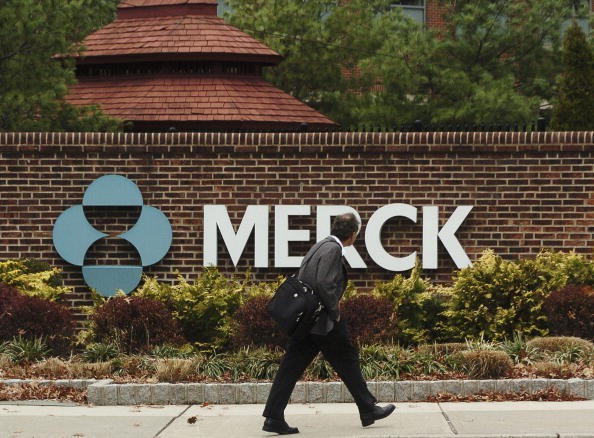
The U.S. Food and Drug Administration has approved the use of the immunotherapy drug Keytruda for patients with the most common form of lung cancer when the tumors produce a specific biological marker. Keytruda, made by Merck Pharmaceuticals, is already approved for use against advanced melanoma.
Keytruda (the generic name is pembrolizumab) is effective against advanced non-small cell lung cancer if the tumors express PD-L1, a protein targeted by the drug. It must be used in conjunction with a diagnostic test called the PD-L1 IHC 22C3 pharmDx test, which is the first test designed to detect PD-L1 expression in non-small cell lung tumors, according to the FDA.
"Today's approval of Keytruda gives physicians the ability to target specific patients who may be most likely to benefit from this drug," said Richard Pazdur, MD director of the Office of Hematology and Oncology Products in the FDA's Center for Drug Evaluation and Research.
Clinical trials found that 22% of patients with this type of cancer produced some PD-L1, according to Merck.
Keytruda will cost about $12,500 per month, or $150,000 a year.
Keytruda and a similar drug called Opdivo from Bristol-Myers Squibb Co. are designed to block the interaction between PD-L1 and another protein, PD-1, which works by stopping the immune system from attacking the cancer. By blocking this interaction, these drugs enable the patient's own immune system to attack the cancer. The generic name for Opdivo is nivolumab. It is approved by the FDA to treat melanoma and squamous non-small cell lung cancer, a less common type of lung cancer, but its use does not require protein testing.
Lung cancer is the leading cause of cancer deaths in the United States with an estimated 221,000 new cases and 158,000 deaths each year, according to the National Cancer Institute.



